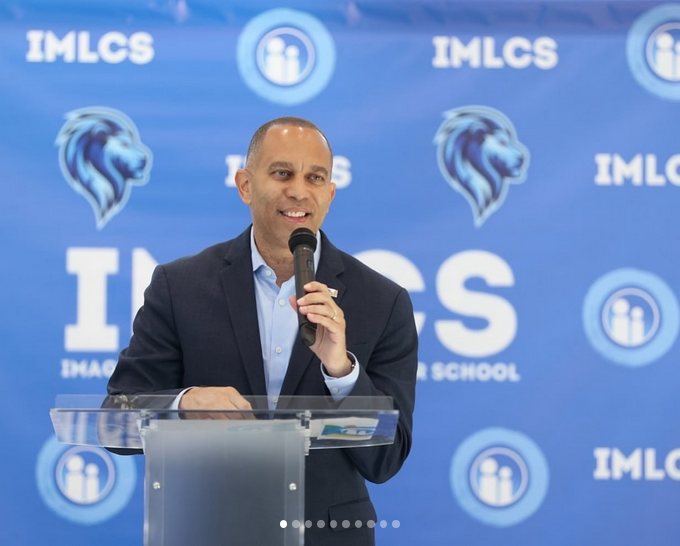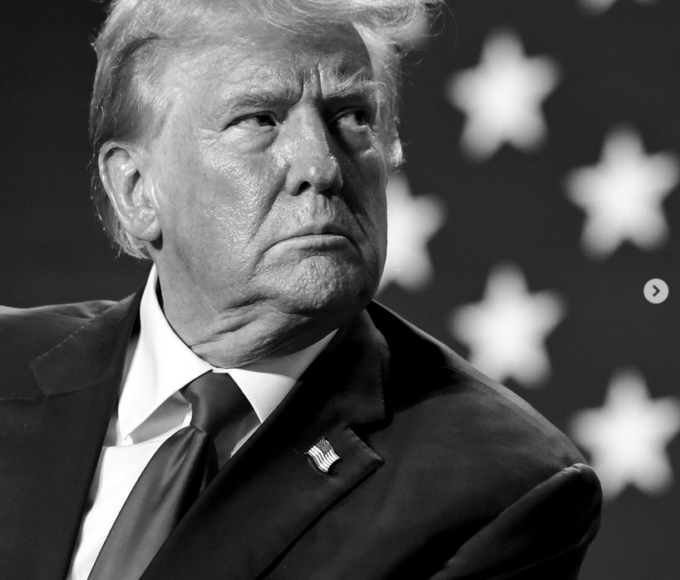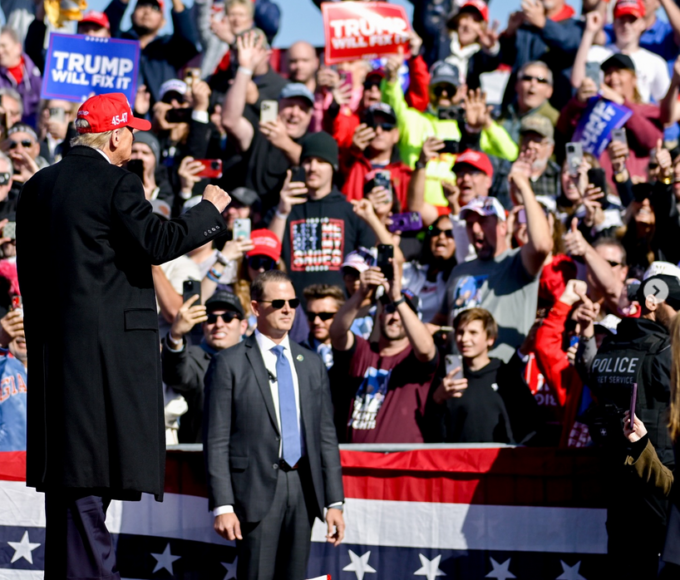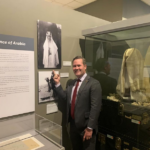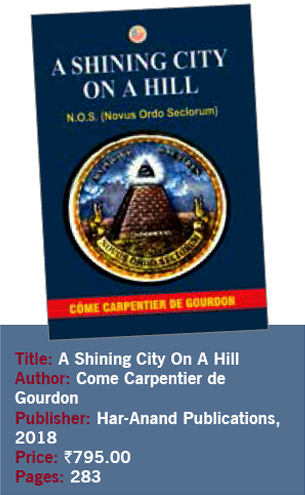REMEMBER that the vicissitudes of covering a story do not make a story!” Nikhil Chakravartty of Mainstream fame used to tell us during our news meetings at the Patriot newspaper in the 1970s. And then he would add, as if as an afterthought, “That may, though, make an interesting book in after years.” It was a pithy remark that affected us deeply. Many of us soon began bandying it about during Indira Gandhi’s 21-month Emergency rule to avoid keeping daily notes of the developments we were privy to. We did not write the stories we could and should have because of the Emergency censorship, and we did not take any notes of what we saw or heard for a future book because we despised journalists who had pretensions of being writers. Even Nikhil himself-to the best of my Knowledge-never attempted to write a book about the Emergency or preand post-Emergency years, though he was, perhaps, the most well informed journalist about the events of those years. Today, I regret that so many journalists who were active during those years and had so much insider knowledge of affairs have not recorded their reminiscences of those years.
In this mood I find this personal history of the Emergency years by Coomi Kapoor a welcome addition to the growing record of those turbulent times. It is a journalist’s account of the vicissitudes of a dissenter family during the Emergency. And into this account the author has deftly woven related episodes, often poignant and occasionally hilarious. Altogether the book makes a fascinating read. I almost finished reading the entire book in the car during a traffic jam on my way home from Bahri Sons, where I bought the book. That does not mean that the book is lightly written, or is a trifle. It is actually a touching book, and engaging and enlightening too. What I particularly like about Coomi’s narrative is that though she suffered much personal privations, harassment and intimidation at the hands of the callous and crude police and jail authorities, she has not attempted to inject bitterness into her account.
It is not written out of pique or chagrin, or to publicise personal grudges and grievances. It is not a malignant book, as some books written by others who faced similar travails during those years have been. Nor is she mawkish or maudlin in narrating her personal grief or the pain of her husband or daughter. She has not overstated or embroidered her case or sensationalized stories she witnessed or heard. Even when she narrates some gossipy accounts written or narrated by others, she does not herself attempt to make them gossipy as, for instance, the Washington Post correspondent’s unauthenticated tale of Sanjay Gandhi slapping his mother at a private dinner. She has just reported the gossip as she read it. It is thus an honest reporter’s simple, artless narration of her life and that of her family during the years when, like many others, they were persecuted for being who they were and for the opinions they held.
It would be unfair to the author if I lauded the book merely as a personal account. If it were merely a personal account, it would not merit so much attention. It is because Coomi has meticulously researched the various developments of those months and stitched them into her family’s personal history. Subramanian Swamy’s frequent appearance in the narrative introduces a larger contemporary interest. He is, of course, there because he also happens to be Coomi’s sister’s husband. And her husband, Virender Kapoor, also a journalist, and Swamy are of the same political persuasion.
There are some events, however, which as one better acquainted with the dramatis personae of the Emergency would say, should have been pursued more assiduously for the sake of history. The Jagjivan Ram-Bahuguna episode, for instance. I have never put much store by Kuldip Nayar’s claim that LN Mishra told him that he feared a threat to his life. The fact is that in those years Mishra was a very wary man and very suspicious of all journalists, and Nayar, of course, was never a close friend of his. Anyway, Mishra never articulated or uttered such things those days. If at all, he spoke in sign language or wrote a word or two on a piece of paper which he immediately tore into pieces and often burnt with a matchstick there and then. However, not knowing everything is no serious fault and the value of Coomi’s book is not diminished by any such lapses which, anyway, are not many and not very glaring either.
















